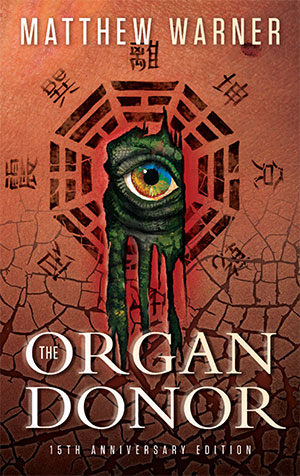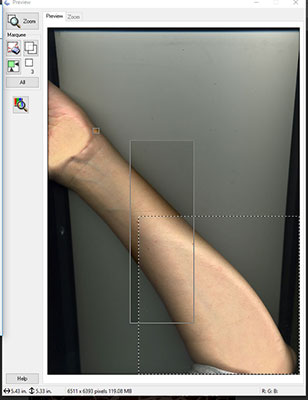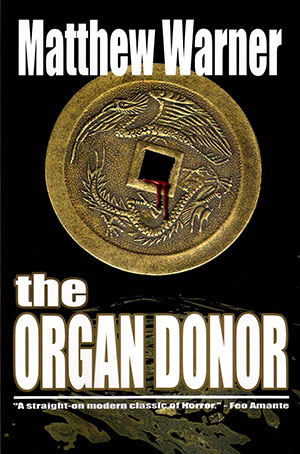While The Organ Donor was written for your entertainment, I’d like to draw your attention to the first two chapters, which depict the thriving and corrupt trade of the People’s Republic of China in human body parts.
It’s a fact: the Chinese government harvests organs from its death row prisoners for transplantation at more than 100 hospitals.1 Although the law forbids this practice without the consent of prisoners or their families, in reality this permission either is not obtained or is given under the duress of torture.2 This same law, “On the Use of Dead Bodies or Organs from Condemned Criminals,” instructs how the harvesting process must be conducted in secrecy.3
A patient needing a new kidney, for instance, commonly will pay off the colluding courts, prisons and surgeons to ensure that an appropriate donor is executed by gunshot at the optimal time.4 If the patient is especially influential — such as a high-ranking military official — both of the prisoner’s kidneys might be extracted the day before the scheduled execution.5 There is even one documented case of a teenaged girl having a kidney cut out of her body while she was still alive and without anesthesia.6 And sometimes, the “donors” are executed at the hospitals to facilitate speedier transplantation.7
See something wrong with this picture?
So do I. And so does the United States, European Parliament, World Medical Association, and the protocols of the Geneva Conventions.8 Aside from violating the principle of voluntary and informed consent, when profit-motivated doctors treat people as nothing more than walking organ incubators, they break the most fundamental principles of medical ethics.
The Laogai Research Foundation of Washington, DC, a non-profit organization that disseminates information about Chinese prisons, has compiled a list of concrete recommendations that I think make sense.
In summary, the PRC should:
- Ban the harvesting of organs from executed prisoners.
- Enact legal reforms to ensure the rights of judicial due process.
- Adopt a unified legal standard of brain death.
- Compensate the families of prisoners and slighted transplant recipients for past human rights abuses.
- Promote voluntary, charitable organ donation among the general public.
The international community should:
- Apply diplomatic pressure to the PRC to enact the above recommendations.
- Continue to monitor the human rights situation in China.
- Refuse to provide educational support or entrance to doctors who harvest organs from executed prisoners.
See also:
- China’s Organ Trade and Horror Novels: How I Brought in an Unusual Pro Bono Client. The Pro Bono Bulletin (page 4-5). Piper Rudnick LLP. Winter 2002.
 COMMUNIST CHARITY: A Comprehensive Report on the Harvesting of Organs from the Executed Prisoners of the People’s Republic of China. Available in English and Chinese (along with more information) from the Laogai Research Foundation.
COMMUNIST CHARITY: A Comprehensive Report on the Harvesting of Organs from the Executed Prisoners of the People’s Republic of China. Available in English and Chinese (along with more information) from the Laogai Research Foundation.
Footnotes
1. Communist Charity, 5/01, Laogai Research Foundation, 107.
3. Provisional regulations of the Supreme People’s Court, et. al, 10/9/84. Ibid, 78.




